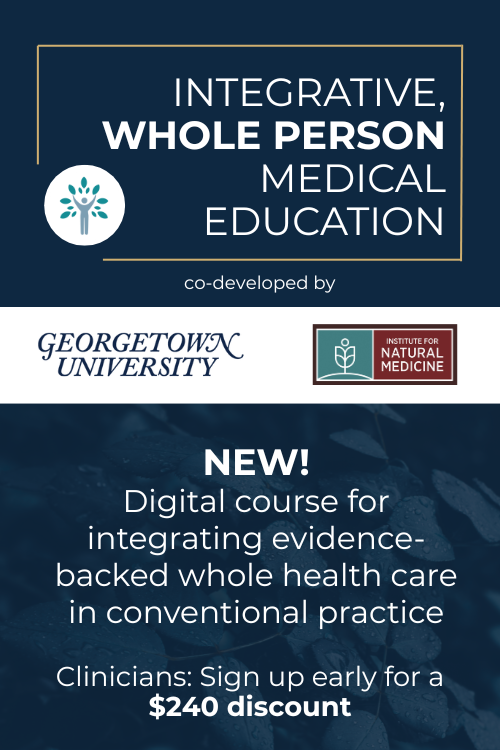Licensed naturopathic doctors (NDs) are trained and regulated at the state level to practice medicine. Although titles like “naturopathic doctor,” “naturopathic physician,” and “naturopath” are often used interchangeably (sometimes by people without the same level of training or licensure), understanding the difference between licensed NDs and unlicensed practitioners will help you make informed, confident choices about your health care.
Scope of practice
Naturopathic doctors can order diagnostic tests such as blood panels, X–rays, and MRIs. In some states, NDs prescribe prescription drugs and hormones and perform minor surgeries. As of 2015, about 50 percent of NDs self-report as primary care physicians, while 28 percent report working as natural health specialists.
Like MDs, a growing number of naturopathic doctors specialize in a particular discipline. Naturopathic specialty associations represent endocrinology, environmental medicine, gastroenterology, intravenous therapies, pediatrics, primary care medicine, and oncology.
State-mandated regulatory bodies oversee standards of practice for all licensed jurisdictions, and licensed NDs are required to carry malpractice insurance. These requirements safeguard patients’ rights to quality naturopathic care.
Education, oversight, and training
Naturopathic medical students attend accredited four-year, campus-based doctoral programs, where they study biomedical sciences, including anatomy, physiology, biochemistry, pathology, and pharmacology. Students complete a minimum of 4,100 hours of coursework and clinical training, with more than 1,200 hours of hands-on, supervised clinical training.
The Naturopathic Physicians Licensing Examination (NPLEX) is a two-part assessment administered by the North American Board of Naturopathic Examiners and required for licensure. Only students and graduates from accredited or candidate naturopathic programs are eligible to sit for the NPLEX.
In some states with laws regulating naturopathic doctors, use of the term “naturopath” or “naturopathic physician” by anyone other than a licensed naturopathic doctor is prohibited. However, not all states regulate NDs or maintain rules around the term “naturopath.” Unlicensed naturopaths may have varied levels of education and experience. This training is not overseen by an agency recognized by the U.S. Secretary of Education and does not qualify students to take the NPLEX or apply for licensure in regulated jurisdictions throughout North America.
NDs regularly engage in continuing education to stay up to date with the latest research, clinical practices, and integrative therapies. By blending new insights with time-tested approaches, they can offer care that’s both evidence informed and personalized to better support their patients’ evolving health needs. It’s a commitment to personal and professional growth that significantly benefits the people they serve.
Special thanks to the Association of Accredited Naturopathic Medical Colleges for contributing to this post.







